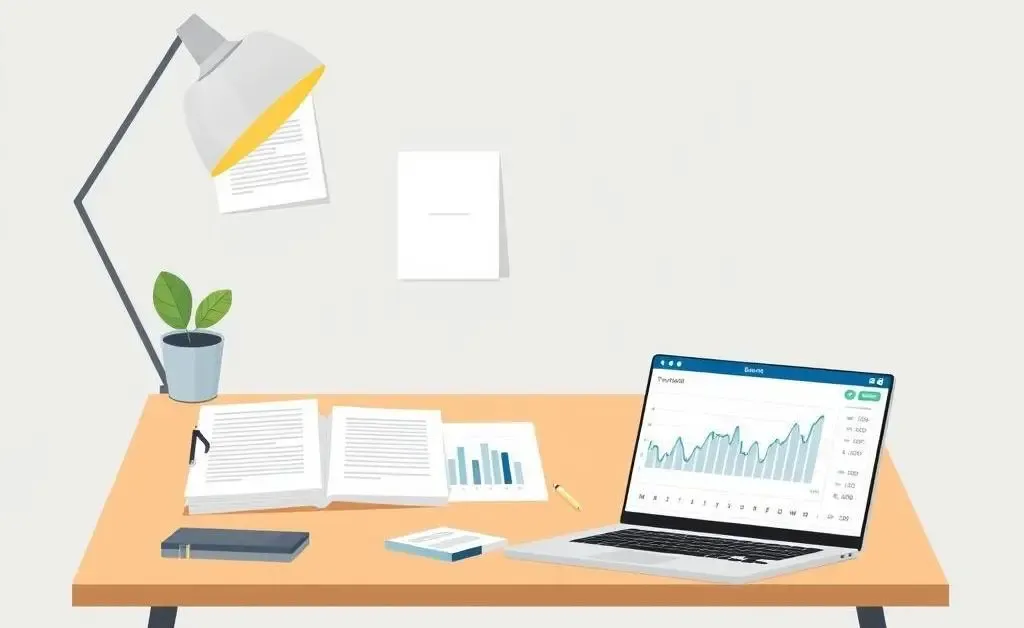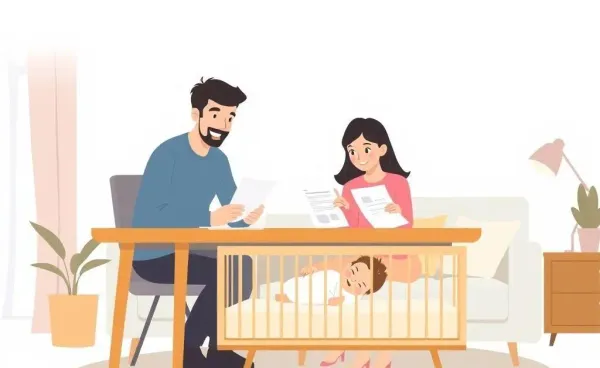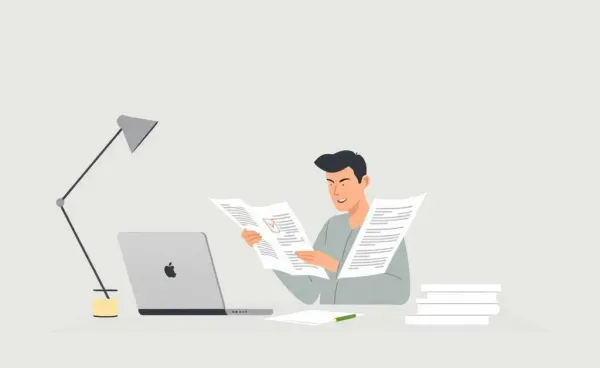Choosing the Right Path for Your Emergency Fund: HYSA or T-Bills?
Navigate HYSA vs. T-Bills for your emergency fund with ease and confidence.

Imagine reaching for a financial cushion in a time of need, and there it is — your emergency fund, ready and waiting. But how should you store it for best results? Should it be in a High-Yield Savings Account (HYSA) or tucked away in Treasury Bills (T-Bills)? This decision can feel daunting, but let's explore it together.
Understanding HYSA and T-Bills
On one side, we have the High-Yield Savings Account (HYSA). These accounts offer higher interest rates than traditional savings accounts, allowing your money to grow while still being readily accessible. With direct access through your bank, it's the epitome of ease.
On the other side are Treasury Bills (T-Bills), which are short-term government securities. They are exceptionally safe and tend to have competitive interest, but are not as liquid — usually having maturity terms from a few weeks to a year.
Consider Cash Flow Needs
Here's a story: Emily, a diligent saver, found herself in a bind when her car needed sudden repairs. Her emergency fund in a HYSA needed no more than a quick online transfer, saving the day. Imagine if those funds had been locked away in a T-Bill. Understand your needs — is quick access a priority, like it was for Emily?
Pros and Cons at a Glance
- HYSA Pros: Easy access, FDIC insurance, no to low fees.
- HYSA Cons: Interest rates can fluctuate, limited long-term growth.
- T-Bills Pros: Government-backed, generally higher yields over short-term, predictable returns.
- T-Bills Cons: Less liquid, no early withdrawal without penalty.
Choosing What's Best for You
Ultimately, the choice between HYSA and T-Bills isn't about which is objectively better but which aligns with your personal financial stability and lifestyle preferences. Are you someone who might need sporadic funds for emergencies, or do you prefer to let savings grow uninterrupted?
Personal Insights and Final Thoughts
Reflecting on personal needs and habits can often illuminate the best path forward. As you chart your course, consider whether peace of mind lies in accessibility or in steady returns — or maybe a blend of both.
Have you chosen yet, or is there more information you seek? What would make you feel most secure about your financial safety net?




